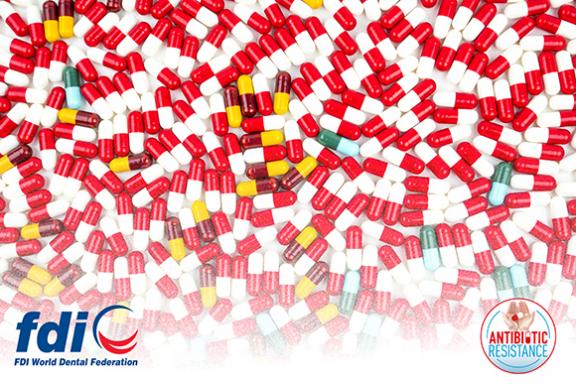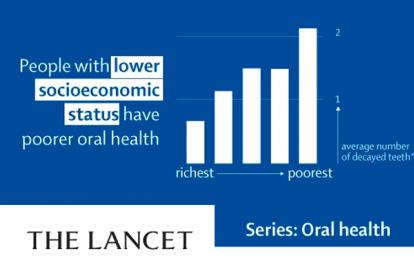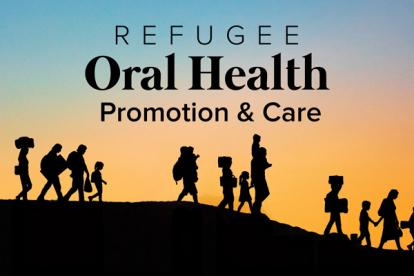Study shows dramatic rise in antibiotics prescribed to dental patients in England during COVID-19 lockdown earlier this year

FDI World Dental Federation (FDI) releases new White Paper on antibiotic resistance to mark World Antimicrobial Awareness Week.
One of the unintended consequences of the COVID-19 lockdowns in England earlier this year has been a 25 per cent increase in the prescription of antibiotics by dentists, according to a new study published today in the British Dental Journal (BDJ). Prescription rates were the highest in London, with an increase of 60 per cent for the same period and the lowest increases, less than 10 per cent, were in the South-West of England.
Antibiotic resistance (ABR) is a global problem that poses a significant threat to health and wealth, due to prolonged illnesses, longer hospital stays and increased mortality. The World Health Organization (WHO) has highlighted the urgency of tackling ABR by including it in the five platforms to global health and well-being. ABR is a problem that affects everyone and needs tackling urgently. If ABR continues to increase, it is estimated that infections resistant to drugs will be the number one cause of death globally within the next 30 years.
The WHO’s annual World Antimicrobial Awareness Week is held from November 18–24.
Antibiotics do not cure toothache. Most dental infections are amenable to treatment by a dental procedure to remove the source of the infection without the need for antibiotics. In normal times, antibiotic-only treatment plans are rarely appropriate. Unnecessary use of antibiotics drives the development and spread of resistant infections.
“Antibiotics are life-saving drugs; when people really need them, they really need to work,” said Dr Wendy Thompson, author of the BDJ study, clinical academic in primary dental care at the University of Manchester and member of the FDI ABR Working Group.
“Infections that are resistant to antibiotics pose a serious risk to patient safety—which is why the large rise in dental antibiotic prescribing (over 25 per cent in the three months of April to June) is a huge concern. After years of a downward trend, restricted access to dental care due to COVID-19 drove this sudden increase. We must guard against it happening again when the UK finds itself in another lockdown environment.
“We live in especially challenging times. Patients waiting for access to care often receive more antibiotics than those patients who receive the right treatment immediately. As dental care provision returns to a ‘new normal’ in the COVID-19 era, it is important to ensure access to high-quality, urgent dental care and to optimize the use of antibiotics.”
‘Slow-motion pandemic’
Acknowledging the urgency of the situation, FDI has recently released its White Paper, The essential role of the dental team in reducing antibiotic resistance, which is supported by an online library of resources and accompanied by a massive open online course (MOOC). The paper is an important step forward in acknowledging that dentists around the world must be recognized for their role in preventing and treating dental infections and empowered to optimize their antibiotic prescribing.
“We are staring down a slow-motion pandemic and urgent collective action is needed to slow it down,” said Dr Gerhard K. Seeberger, president of FDI.
“Moving forward, the dental profession has a clear responsibility to engage, commit and contribute to global, national and local efforts to tackle antibiotic resistance.”








